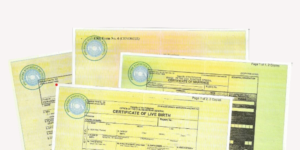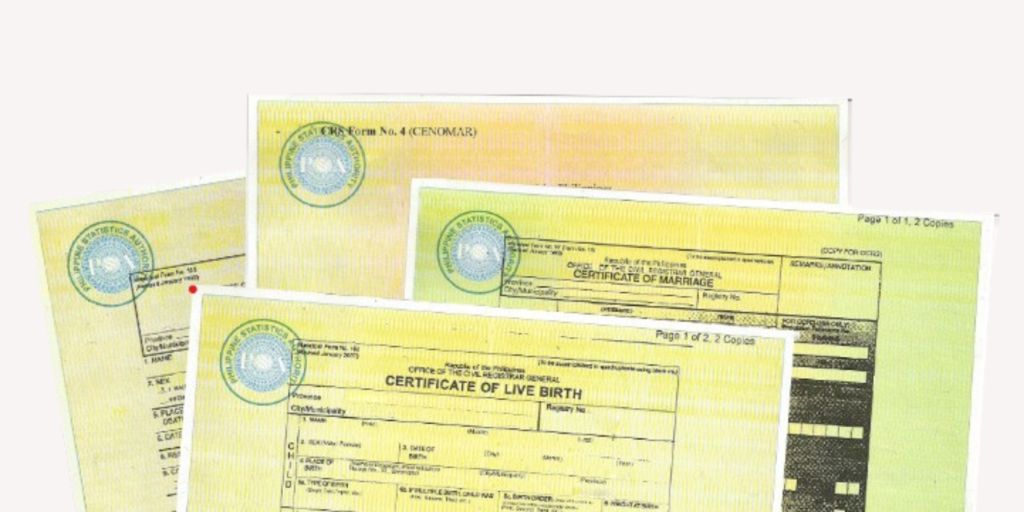When it comes to real estate and property transactions, ensuring the authenticity and legality of the title is of utmost importance. Title verification plays a crucial role in confirming the ownership and rights associated with a particular piece of land or property. But what exactly is title verification and why is it so essential?
What is Title Verification?
Title verification, also known as property title verification, is a crucial process in real estate transactions aimed at establishing the legal ownership and validity of a piece of land or property. During this comprehensive examination, historical records, legal documents, and land registry records are meticulously reviewed to trace the ownership history of the property. The main objective is to ensure that the seller possesses a clear and legitimate title to the property being sold, free from any encumbrances, liens, or legal disputes that could impede the smooth transfer of ownership or impact the property’s value.
Title verification provides essential protection for buyers and all parties involved in the transaction, offering assurance that the property’s ownership is undisputed and safeguarding them from potential disputes and financial losses in the future.
Why is Title Verification Necessary?
Title verification is an essential step in any real estate transaction, ensuring the legitimacy and accuracy of property ownership. Without this crucial process, individuals may face potential legal issues and financial risks. The purpose of title verification is to confirm that the person selling the property has the legal right to do so and that there are no outstanding claims or liens against the property.
One of the main reasons why title verification is necessary is to protect buyers from fraudulent activities. In some cases, individuals may try to sell a property they don’t actually own or have a rightful claim over. Without proper title verification, unsuspecting buyers could end up losing their hard-earned money or even facing eviction if someone else comes forward with a legitimate claim on the property.
Additionally, title verification helps uncover any existing liens against a property. These can include unpaid taxes, mortgages, or other debts attached to the property.
The Risks of Ignoring Title Verification
Title verification is a critical process that is often overlooked by individuals and organizations when it comes to real estate transactions. Ignoring this crucial step can expose parties involved to significant risks. Title verification involves conducting a thorough examination of the property’s history, including its ownership records, liens, encumbrances, and any potential legal issues. Neglecting to perform this verification can lead to costly consequences such as fraudulent transactions, unresolved legal claims, or even loss of ownership rights.
One major risk of ignoring title verification is falling victim to fraudsters who manipulate property records for their own gain. Without proper title verification, unsuspecting buyers may unknowingly purchase properties with forged or fraudulent titles. This could result in substantial financial losses or legal battles for the buyer down the line as they realize they do not have valid ownership rights.
How to Verify the Title of a Document
The process involves several steps to ensure that the title accurately represents the content within.
Firstly, start by examining the title itself. Look for any inconsistencies or discrepancies between what is stated and what you expect from the document’s purpose.
Next, carefully read through the entire document to check if its content aligns with the title provided. Pay attention to key points discussed within and determine if they match your expectations based on the title alone.
Additionally, take note of any supporting material referenced in relation to the title. This may include citations or cross-references throughout the document that can indicate its authenticity and relevance.
Lastly, and most importantly, secure a certified true copy (CTC) of the transfer certificate or condominium certificate of title from the registry of deeds to ensure that the said title is indeed registered with the registry. There are two ways to secure a certified true copy.
One, you can do it manually, by visiting the registry of deeds with jurisdiction on the location where the property you are interested in is located.
Two, you can now do this online. Visit the Land Registration Authority website’s eserbisyo and follow the instructions. By requesting for your CTC online, it will save you time and transportation cost and let you track the status of your request from payment until delivery. The CTC can also be delivered to your place of residence.
Securing CTC is helpful because you can use this for various purpose such as:
- Conducting due diligence for buying, selling and leasing of properties
- For mortgage/loan applications
- As a reference for payment of real property taxes
- As supporting document for applying for business and construction permits
- As supporting document for Visa applications
- For other legal purposes
For more detailed information you may also read our blog: How do I know if the property I am buying has a clean title?
Need further information and assistance in Title Verification? Talk to our team at FILEDOCSPHIL. Call us today at (+632) 8478 5826 or send an email to info@filedocsphil.com for more information.







